Description
Creatinine Test
The Creatinine test measures the level of creatinine, a waste product from normal muscle breakdown, in your blood. It helps evaluate how well your kidneys are filtering and removing waste from the body.
Why It’s Done
| Health Concern | Purpose of Creatinine Test |
|---|---|
| Suspected Kidney Problems | Detect impaired kidney function |
| High Blood Pressure or Diabetes | Monitor kidney damage risk |
| Symptoms like Swelling or Fatigue | Identify early kidney disease |
| Routine Health Checkup | Assess kidney health as part of general panel |
| Monitoring Kidney Disorders | Track progress and effectiveness of treatment |
Result Interpretation
| Creatinine Level | Meaning |
|---|---|
| Normal (Men): 0.74–1.35 mg/dL | Healthy kidney function |
| Normal (Women): 0.59–1.04 mg/dL | Slightly lower due to less muscle mass |
| High Creatinine | Possible kidney dysfunction, dehydration, or muscle disease |
| Low Creatinine | May indicate muscle loss, liver disease, or diet-related issues |
Note: Creatinine levels must be interpreted along with eGFR (Estimated Glomerular Filtration Rate) for a full picture of kidney function.
Symptoms That May Require a Creatinine Test
-
Swelling in legs or around eyes
-
Changes in urination frequency or color
-
Fatigue or shortness of breath
-
Confusion or nausea
-
High blood pressure
Why Choose the Creatinine Test?
-
Simple blood test
-
Detects early signs of chronic kidney disease (CKD)
-
Often part of KFT (Kidney Function Test) panel
-
Helps in medication dosage decisions (e.g., antibiotics, diabetes meds)
Good to Know
-
Stay hydrated before the test
-
Avoid heavy exercise before testing as it may temporarily raise creatinine
-
Can be paired with BUN (Blood Urea Nitrogen) for deeper insights
Notes
-
Reference ranges can slightly vary based on lab standards, age, and altitude.
-
Always interpret values in consultation with a qualified physician.


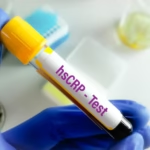
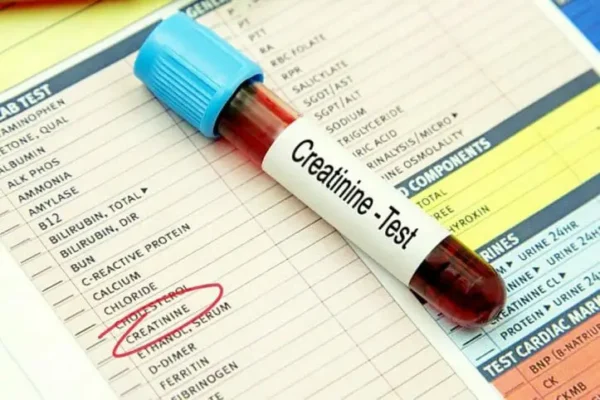

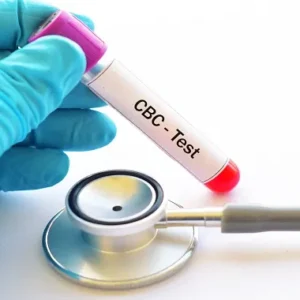
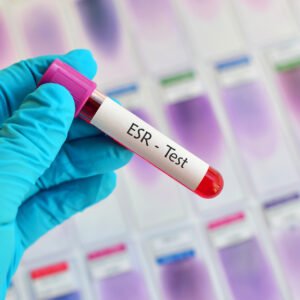

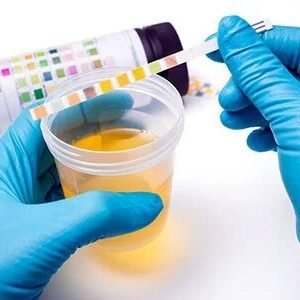
 Widal Test
Widal Test  Health Package 9.1
Health Package 9.1 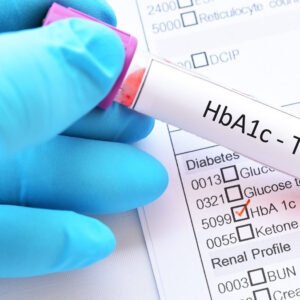 HbA1c (Glycated Hemoglobin Test)
HbA1c (Glycated Hemoglobin Test) 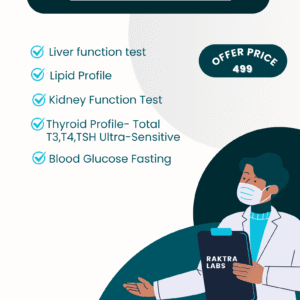 Health Package 13.1
Health Package 13.1  Health Package 5.1
Health Package 5.1 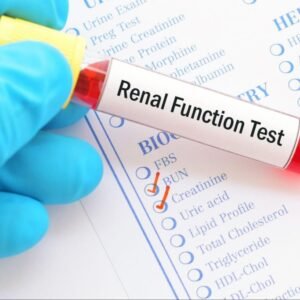 KFT (Kidney Function Test)
KFT (Kidney Function Test)  Health Package 1.1
Health Package 1.1  Health Package 8.1
Health Package 8.1 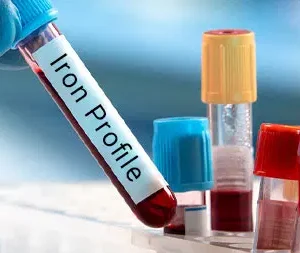 Iron Studies
Iron Studies 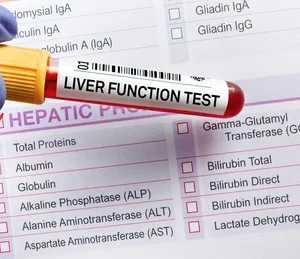 LFT (Liver Function Test)
LFT (Liver Function Test) 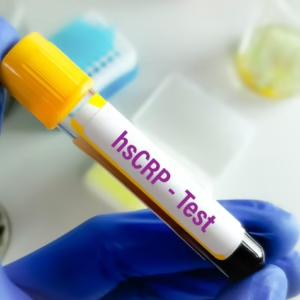 HsCRP Test
HsCRP Test 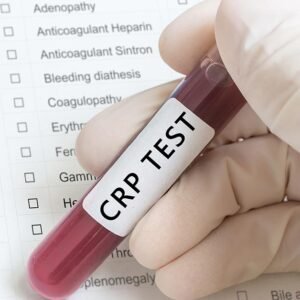 CRP (C-Reactive Protein)
CRP (C-Reactive Protein)  Getwell Pack 7
Getwell Pack 7 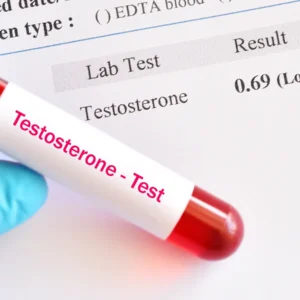 Testosterone Total
Testosterone Total
Reviews
There are no reviews yet.